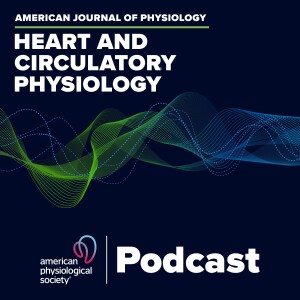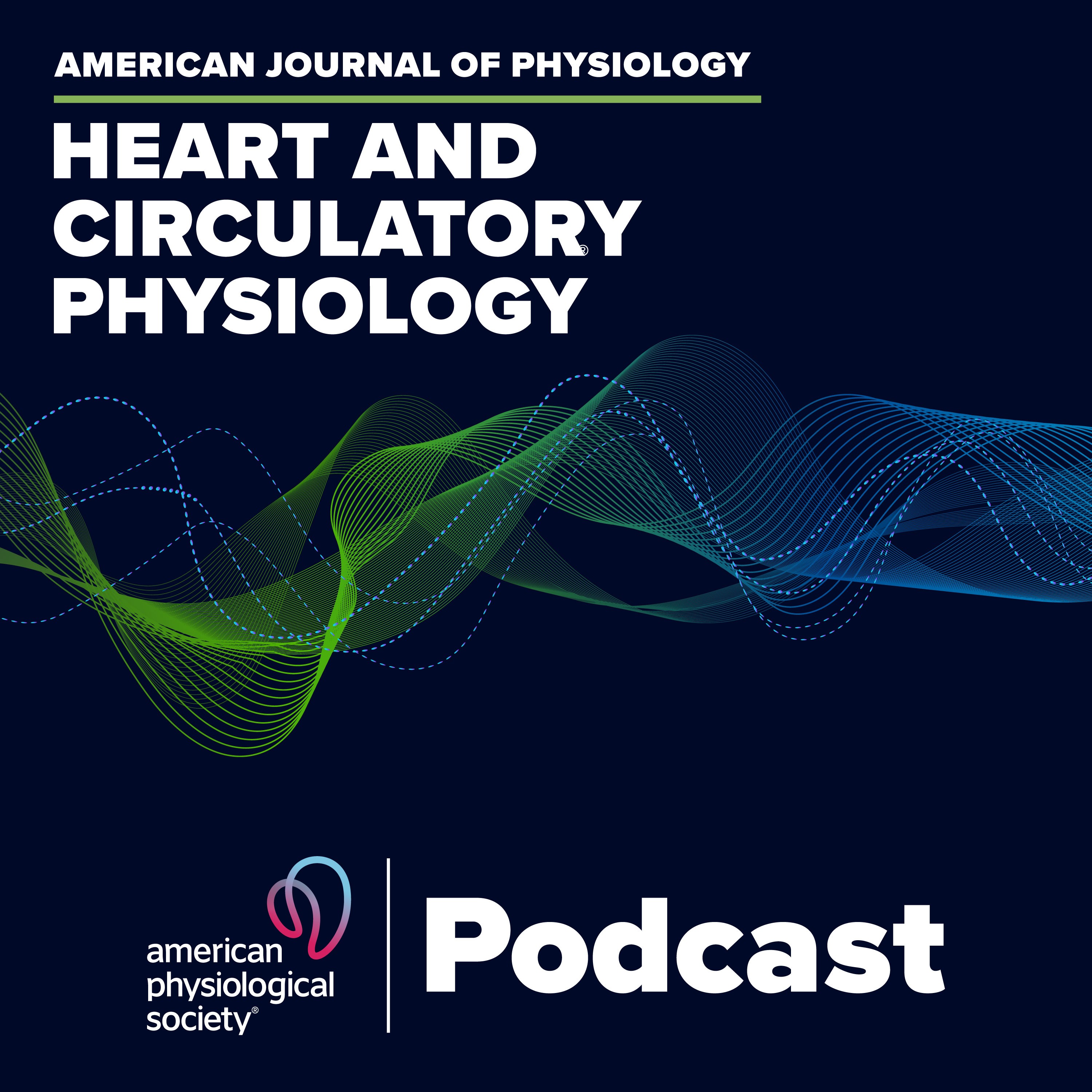Episodes

Tuesday Apr 11, 2017
Gestational Nanomaterial Exposure and Cardiac Dysfunction
Tuesday Apr 11, 2017
Tuesday Apr 11, 2017
Does exposure when pregnant to the nanomaterial titanium dioxide have an impact on progeny? Listen as Associate Editor Gary Lopaschuk (University of Alberta) interviews lead author John Hollander (West Virginia University School of Medicine) and content expert John Ussher (University of Alberta) about the recent study by Hathaway et al., which used a gestational animal model to determine if acute exposure to the nanomaterial titanium dioxide would affect fetal cardiac contractile function and bioenergetics. Hollander and co-authors found that bioenergetics are negatively impacted, which ultimately affected whole heart function and myocyte function in young adult animals. Since it is well known that metabolic enzymes and regulators of mitochondrial function are subject to epigenetic alterations, do the authors speculate that epigenetic modifications may play a role in the phenotype they observed? With engineered nanomaterials appearing in numerous commercial applications—from toothpaste to ceramic tiles—what other nanoparticles are important to study for potential short and long-term effects on progeny? Listen and find out.
Quincy A. Hathaway, Cody E. Nichols, Danielle L. Shepherd, Phoebe A. Stapleton, Sarah L. McLaughlin, Janelle C. Stricker, Stephanie L. Rellick, Mark V. Pinti, Alaeddin B. Abukabda, Carroll R. McBride, Jinghai Yi, Seth M. Stine, Timothy R. Nurkiewicz, John M. Hollander Maternal-engineered nanomaterial exposure disrupts progeny cardiac function and bioenergetics Am J Physiol Heart Circ Physiol, published March 1, 2017. DOI: 10.1152/ajpheart.00634.2016


No comments yet. Be the first to say something!